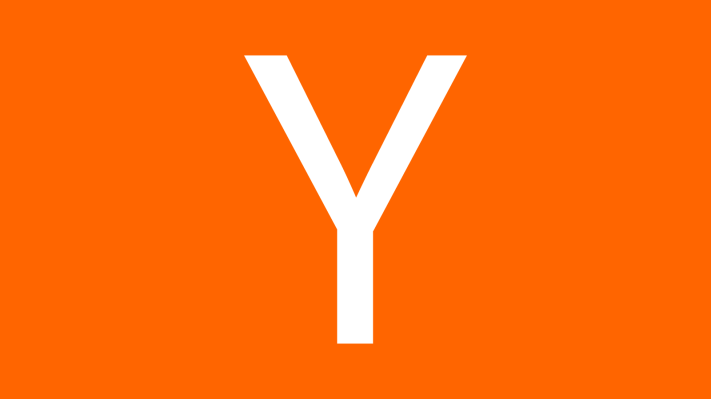Y Combinator has developed a reputation under its president, Sam Altman, for iterating — a lot. The accelerator program’s newest twist? Temporary or “visiting partners” who will be asked to become highly involved with a particular “batch” or YC class based on their particular expertise.
The partners will be a bit like YC’s “part-time partners,” a role the program created in 2011, except that part-time partners — who are invited to stay for six months — operate on renewable terms, and most tend to renew their position.
To kick off its newest initiative, YC is welcoming three of these visiting partners, two of whom are YC alums: Aaron Epstein, Gustaf Alströmer and Lyle Fong.
Epstein founded Creative Market, a marketplace for digitally designed content that passed through YC in 2010. It was acquired for undisclosed terms by Autodesk in 2014.
Alströmer is a product lead for growth at Airbnb. He previously worked as VP of growth at the communications app company Voxer and co-founded Heysan, a messaging service that graduated from YC in 2007 and was acquired for undisclosed terms by Good Technology in 2009.
Meanwhile, Fong is the co-founder and CEO of mobile video game studio Hobo Labs. He also founded Lithium Technologies, a social media software company that’s best known in some circles for acquiring the social web startup Klout in 2014.
Before it kicks off its winter batch in January in Mountain View, Ca., YC is also bringing aboard three new “part-time partners” to add to more than the dozen or so already operating within the network. These newest members — Immad Akhund, Kevin Hale and Marcus Segal — again include two alums.
Akhund founded the mobile ad company Heyzap, which passed through YC in 2009 and sold in January to RNTS Media for $45 million; he also co-founded Clickpass, a startup that graduated from YC back in 2007 and which aimed to help users manage their various online identities. (It was acquired a few months later in an apparent acqui-hire.)
Hale is even better known to the YC network. His startup, an online form maker called Wufoo, passed through YC back in 2006. After SurveyMonkey acquired the company for $35 million in 2011, Hale found himself spending three years as a YC partner, but he’s now going part-time to launch a new company.
As for Segal, he was most recently the SVP of global operations of Zynga. Earlier in his career, he was the CFO of the billing platform Vindicia (acquired by Amdocs) and COO of eMusic (acquired by Universal Music Group).
We talked last night with YC partners Michael Seibel — who was recently named CEO of the accelerator — and Adora Cheung, whose startup, Homejoy, shut down last year, and who is now in charge of all the part-time members of YC.
Asked about the need for “visiting partners” when the outfit already has a strong network of founders and investors who seem willing to pitch in, Cheung said YC simply wants to “experiment with embedding more startup advisors with each batch.” She added that these new appointees will “spend a lot more time” with YC’s classes than do its part-time founders.
Seibel — who was previously the CEO of both Justin.TV and Socialcam (acquired by Autodesk for $60 million) — said that though requiring a deeper level of involvement, the roles are “nowhere near part-time work.” He also made clear that neither the YC’s visiting partners nor its part-time partners have any kind of guaranteed right to invest in the startups they help.
Asked how YC settles on who will become a visiting partner, a part-time partner or any other kind of member of the YC community, Seibel said it’s “not an open application process” before shifting the conversation back to its newest members.
By the way, if you’re wondering, YC is still accepting winter applications for its next class. The outfit says the process “typically never closes” and that it’s “still reviewing” late entries.
